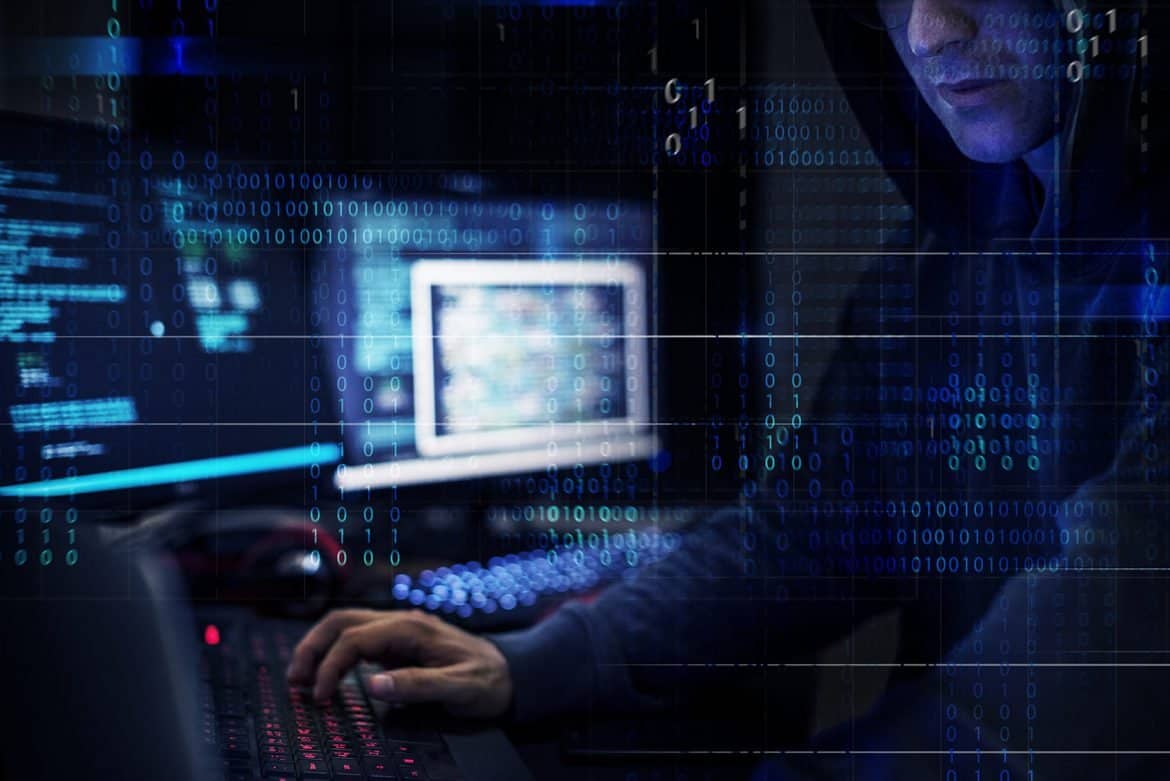Key Responsibilities
Identification and Tracking
One of the primary duties of a Cyber Bullying Investigator is to identify instances of cyberbullying. This involves monitoring various digital platforms for signs of harassment. They use sophisticated tools and techniques to track digital footprints, analyze social media activity, and identify patterns that indicate bullying behavior. The investigator must stay updated with the latest trends in online communication and cyberbullying tactics to effectively recognize and address new forms of harassment.
Evidence Collection
Once an instance of cyberbullying is identified, collecting and preserving evidence becomes crucial. This includes screenshots, chat logs, emails, and any other relevant digital communications. The evidence must be gathered meticulously to ensure it is admissible in legal proceedings if necessary. Cyber Bullying Investigator are skilled in using forensic software to retrieve and preserve digital data, even when perpetrators attempt to delete or obscure their activities.
Victim Support
Supporting the victims of cyberbullying is another critical aspect of the investigator's role. They provide guidance on how to handle bullying situations, including advice on privacy settings, reporting mechanisms, and mental health resources. By offering a compassionate and supportive approach, investigators help victims regain a sense of security and empowerment in their digital interactions.
Collaboration with Law Enforcement
Cyberbullying often crosses the threshold of criminal activity, necessitating collaboration with law enforcement agencies. Cyber Bullying Investigators work closely with police and legal professionals to ensure that perpetrators are held accountable. This involves presenting collected evidence in a coherent and legally sound manner, testifying in court if required, and assisting with ongoing investigations.
Skills and Qualifications
A successful Cyber Bullying Investigator must possess a blend of technical, analytical, and interpersonal skills. Proficiency in digital forensics, an in-depth understanding of social media platforms, and familiarity with cybersecurity practices are essential technical competencies. Analytical skills are crucial for interpreting data and identifying patterns of behavior. Cyber Forensic Investigations Services Additionally, strong communication and empathetic skills are necessary to interact effectively with victims, perpetrators, and law enforcement personnel.
Educational qualifications typically include a degree in computer science, cybersecurity, or a related field. Specialized training in digital forensics and cybercrime investigation further enhances an investigator's expertise. Certification from recognized bodies, such as the International Association of Computer Investigative Specialists (IACIS) or the Global Information Assurance Certification (GIAC), can also be beneficial.





Comments